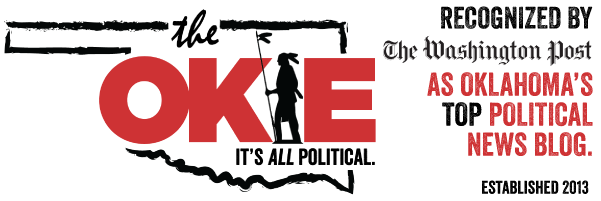CATO: Oklahoma Ranks 3rd Among States’ Freedom Index
Analysis
As noted earlier in this book, Oklahoma is the most improved state for the 2000–2014 period. Moreover, although the Sooner State’s personal freedom lags its economic freedom, it has made significant progress on both dimensions.
Oklahoma is one of the lowest-taxed states in America. However, it is also fiscally centralized. Local taxation is about 2.9 percent of personal income, while state taxation is 4.6 percent of personal income. Government subsidies are lower than average but have risen a touch over time, to 0.06 percent of personal income. State and local debt is much lower than average (11.4 percent of income), and government employment is much higher than average (15.2 percent of private employment). Oklahoma has managed to cut its debt even as its tax receipts fell significantly as a share of the economy.
Land-use regulation is light in Oklahoma, although the state has not restrained eminent domain for private gain. Labor law is excellent, with a right-to-work law, no state-level minimum wage, a federally consistent anti-discrimination law, and lighter workers’ compensation mandates than most states. Occupational licensing has grown over time, but not as much as in most other states. However, nurses’ practice freedom remains fairly restricted. Insurance freedom is high, and rating classification prohibitions were eliminated in 2013–14. The state does have both general and gasoline-focused sales-below-cost prohibitions. The court system is relatively good, due to tort reforms in the 1990s and early 2000s.

